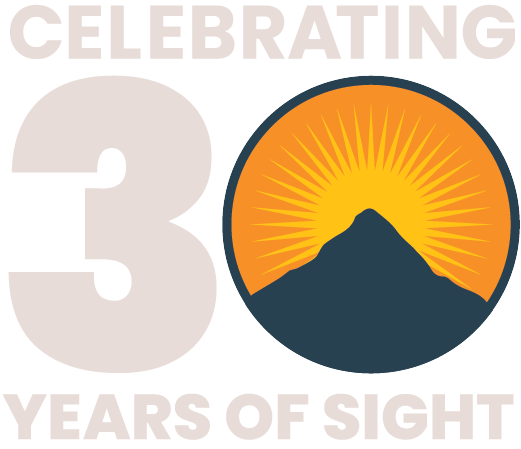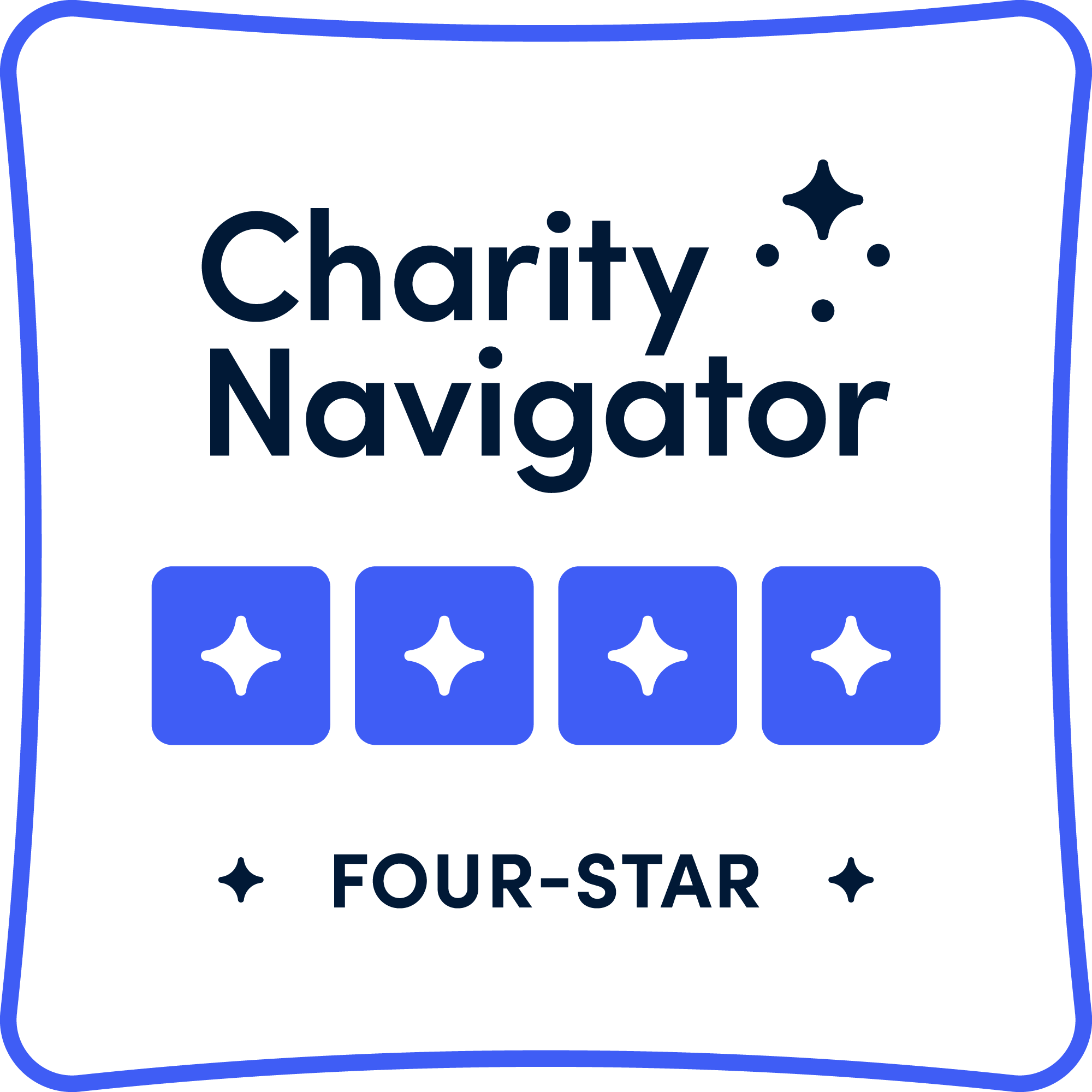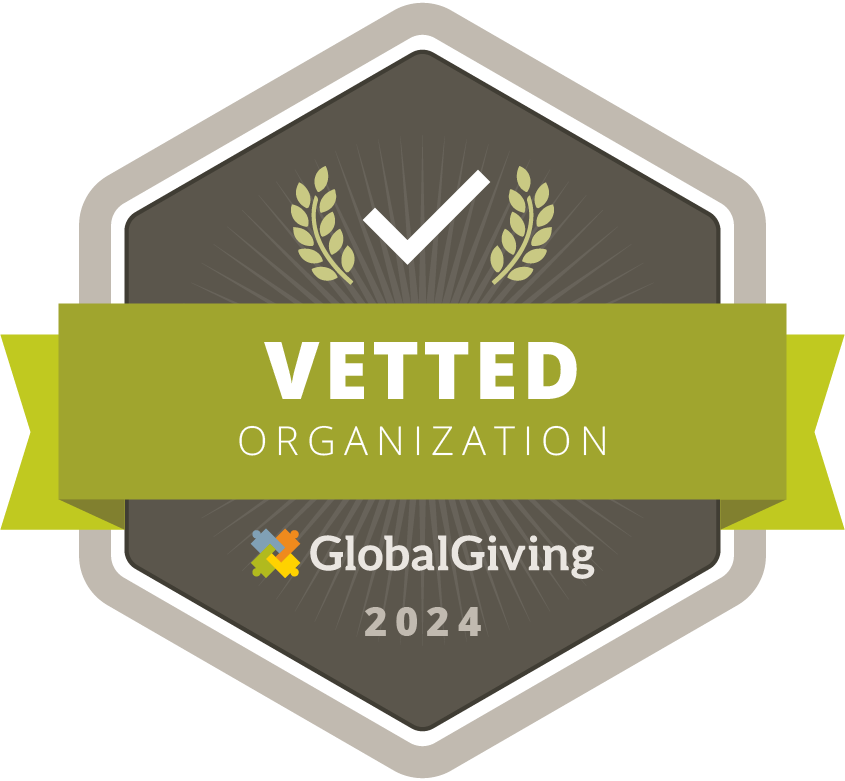Nunu Weleye
Eight-year old Nunu Weleye came to the recent cataract outreach campaign organized by the Himalayan Cataract Project in December 2016 in Harar, Ethiopia. She came accompanied by her father traveling from the district of Kurta Challa. Her father stood by her side throughout the whole process.
Nunu was one year of age when she lost eyesight. At birth, both of her eyes were affected by congenital cataract, causing her eyesight to quickly deteriorate when she was a toddler, until she became completely blind.
During this particular campaign in Harar, over 1,200 people regained their eyesight and Nunu was one 40 children who underwent surgery.
Before her bandages were taken off, we asked her to tell us more about herself and what it was like to live in blindness. Nunu remembers: “I had

to depend on my family to walk and move around. In most cases, I preferred staying at home the whole day. I had no chance to go out and play with friends. They would not let me play with them even if I wanted to because of my blindness. Everyone laughed at me.”
Young children with disabilities living in remote regions of the world often carry the additional burden of stigmatization. There is little to no infrastructure available to accommodate special needs, and as such, many children are destined to live a life in isolation.
“I was not given a chance to go to school because I am blind. No one bothered to help me. I used to cry every time I heard children talking about school and I was always worried about what will happen to me in the future.”
The morning after surgery, when her bandages were taken off, Nunu felt very confused: ”I couldn’t figure out what I was feeling at first. At the beginning I was shocked, because I never thought I would see again. Now I am the happiest girl in the entire world and I can’t wait to go back home and show all my friends that I can see just like they do. I know they would let me play with them this time. I also want to go to school. I am so excited.”
The blindness of a child is a hardship and burden for the whole family. Taking care of a blind child becomes another job and often requires another family member to care for that child – detracting from the caregiver’s ability to work or to attend school if they are a sibling. At her young age, Nunu already seemed very aware of this fact: “My parents suffered with me all this time. Now a time has come for me to pay them back. I am going to help them in every possible way from this moment on. I am so thankful to the doctor who gave me my sight back. Thank you!”



